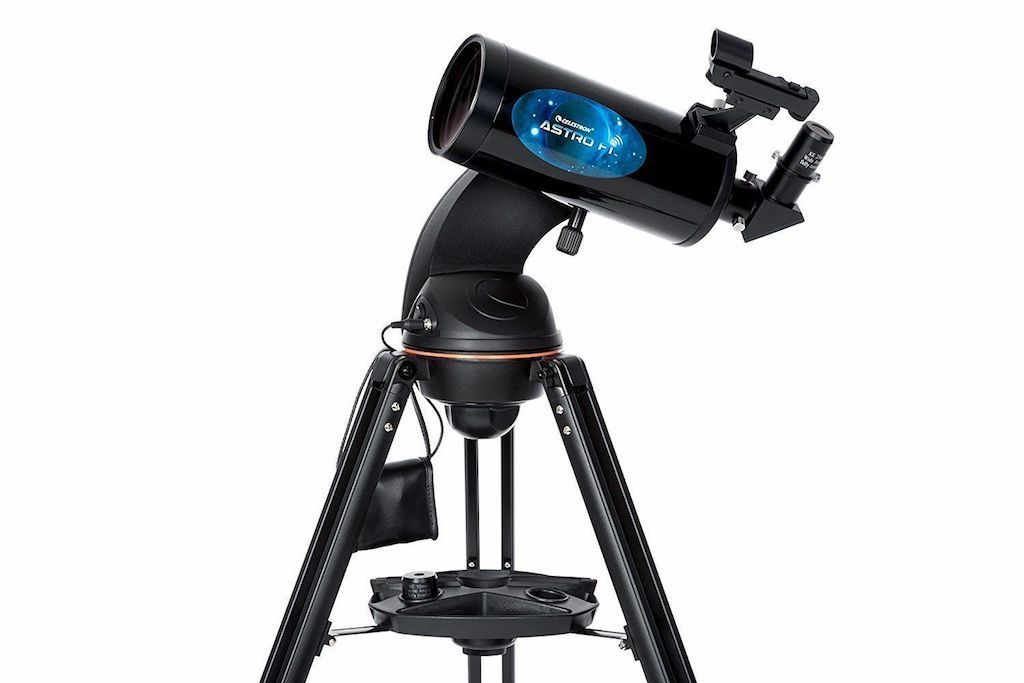On Episode 119 of This Week In Space, Rod Pyle and Tariq Malik talk with Dr. John Crassidis from the University of Buffalo about orbital debris and its dangers.
If you saw the movie "Gravity," you have a sense of the dangers of orbital debris—and the risk is very real. More than 25,000 objects over four inches in diameter are tracked by the US Space Force, and millions of others are smaller or untracked—everything from derelict satellites to dead rocket stages to bits of shrapnel and even just chunks of frozen rocket fuel is there. And even something the size and mass of a paint chip, traveling at orbital speeds, can take out a window of a spacecraft.
Look out below; this is going to be a hot one!
Download or subscribe to this show at: https://twit.tv/shows/this-week-in-space.
Get episodes ad-free with Club TWiT at https://twit.tv/clubtwit
Space news of the week
- SpaceX Falcon 9 launch fails
- James Webb's Cosmic Penguin
- When will Starliner come home? Boeing and NASA still don't know
- Dr. John Crassidis, University at Buffalo, SUNY
- National Space Society Orbital Debris page
- LEO Labs Orbital Debris visualization
Model Falcon 9!

Looking for a telescope to see planets and comets? We recommend the Celestron Astro Fi 102 as the top pick in our best beginner's telescope guide.
Finally, did you know you can launch your own SpaceX rocket? Model rocket maker Estes' stunning scale model of a Falcon 9 rocket that you can pick up now. The launchable model is a detailed recreation of the Falcon 9 and retails for $149.99. You can save 10% by using the code IN-COLLECTSPACE at checkout, courtesy of our partners collectSPACE.com.
About This Week In Space
This Week in Space covers the new space age. Every Friday we take a deep dive into a fascinating topic. What's happening with the new race to the moon and other planets? When will SpaceX really send people to Mars?
Join Rod Pyle and Tariq Malik from Space.com as they tackle those questions and more each week on Friday afternoons. You can subscribe today on your favorite podcatcher.







